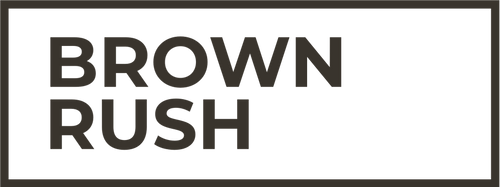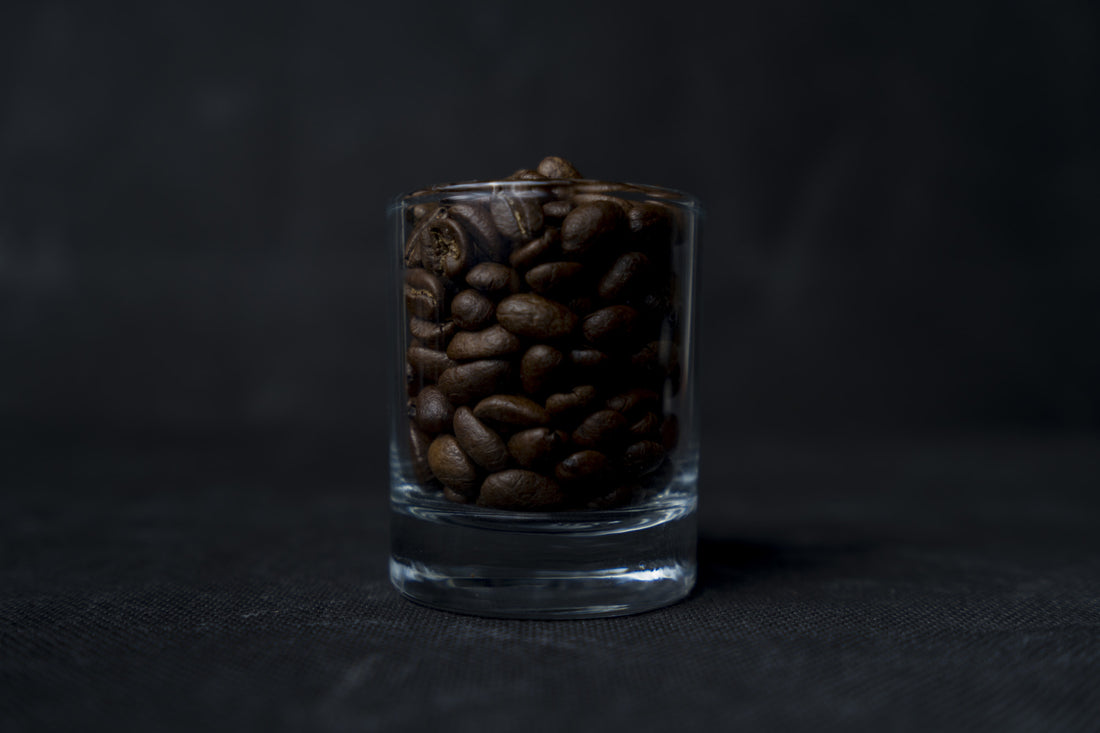It's a common misconception that light roast coffee has significant more caffeine than dark roast coffee. However, the truth is that the amount of caffeine in coffee is determined by several factors, including the type of coffee bean, the brewing method, and the serving size.
In general, coffee beans have the highest caffeine content when they are in their natural, unroasted state. As the beans are roasted, the caffeine content decreases slightly. However, the difference in caffeine content between light and dark roast coffee is relatively small and not significant enough to make a major impact on the amount of caffeine in a cup of coffee.
The main factor that affects the caffeine content of coffee is the brewing method and serving size. For example, a 12 oz cup of drip coffee typically contains around 120 mg of caffeine, while a single shot of espresso contains around 63 mg of caffeine.
However, one important factor that affects the caffeine content is the weight of the coffee bean. As coffee beans are roasted, they lose moisture and weight. Dark roast coffee beans are roasted for a longer period of time than light roast coffee beans, which means they lose more moisture and weight. As a result, when measuring by weight, you will need more dark roast coffee beans than light roast coffee beans to make the same amount of coffee.
For example, if you measure your coffee beans by weight, you may need 30 grams of coffee beans to make a 12 oz cup of coffee. This may, for example, mean you will need 'x' coffee beans of light roast compared to more than 'x' coffee beans of a dark roast for the same 30 grams. This is because the dark roast coffee beans have lost more weight during the roasting process.
It's important to note that the amount of caffeine in a cup of coffee is not solely determined by the weight of the coffee beans. The brewing method, water temperature, and brewing time can also affect the caffeine content. Additionally, the type of coffee bean used can also affect the caffeine content, as some varieties of coffee beans naturally have higher caffeine content than others.
In summary, the difference in caffeine content between light and dark roast coffee is very minimal, and the weight of the coffee beans can affect the amount needed to make a cup of coffee when measured by weight. However, the amount of caffeine in a cup of coffee is affected by several factors, including the brewing method, water temperature, and brewing time, as well as the type of coffee bean used.

